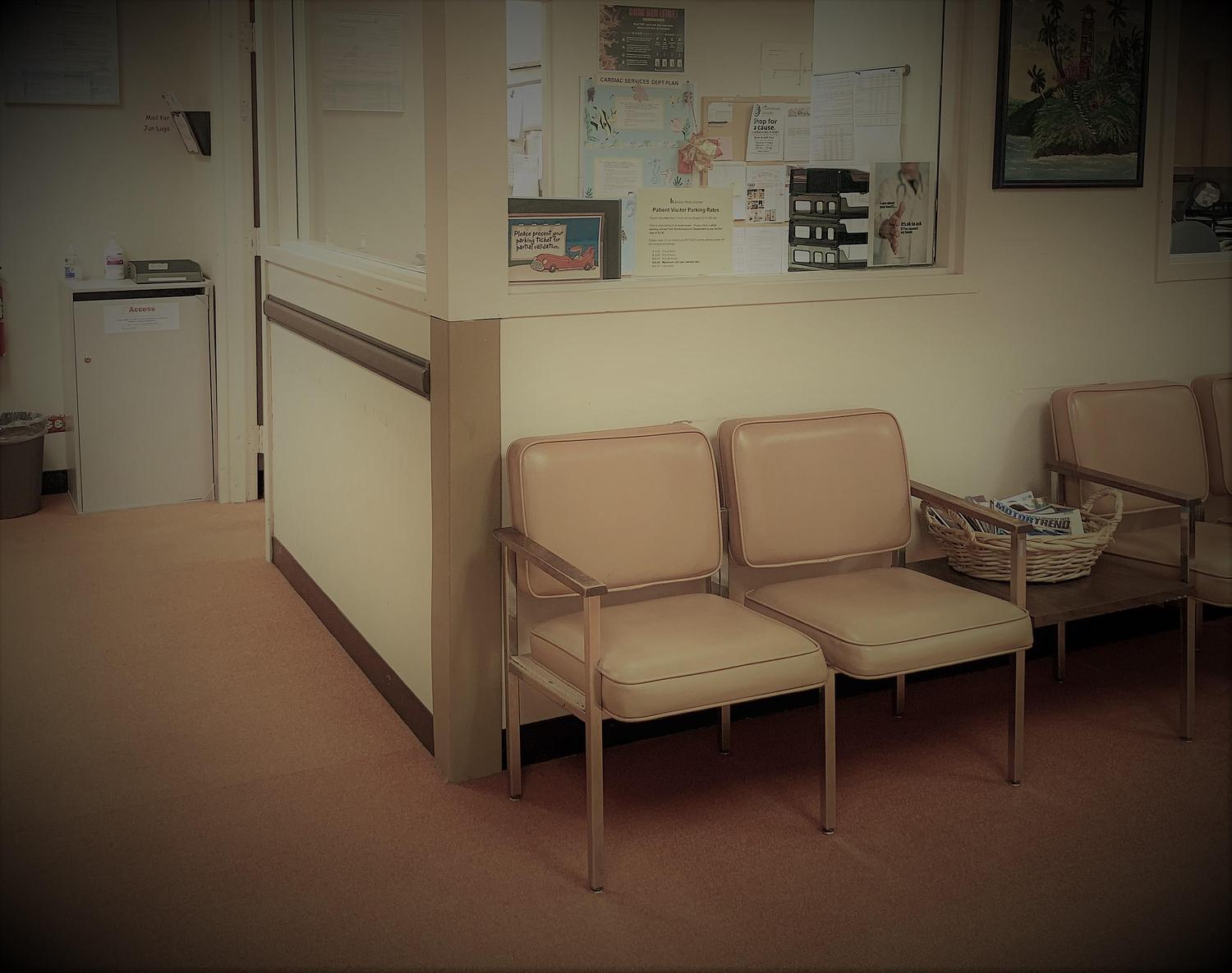I recently spoke at an event for the Law Society of Scotland on Service Design and the Customer Journey. Much of the chat focused around the key interaction points with clients. At one point I was asked the question, “is face-to-face still the best?” Of course, the question contains the view that face-to-face as a channel was always the best, and in the world of legal advice, that’s an interesting assumption. But generally, is it always better? And by what measure?
Well, it’s certainly hugely ‘rich’ in terms of the transaction of information. We understand what people say to us by a combination of the verbal message and the non-verbal cues. The tone, pace, facial expressions and other body language. We can rely on these cues for immediate feedback from our own contributions, the understanding enhancing the transaction.
It’s big, but is it clever?
All very well, but is it ‘efficient’? Even in the run up to the changes that 2020 brought, we understood that certain types of face-to-face interactions were just not worth the time or effort. Forbes in 2015, surveying business managers, found that 71% agreed that most meetings were unproductive and inefficient*. This recent year has provided an excellent test bed for new channels and tools to replace the traditional face-to-face format, with most studies agreeing that when it comes to ‘getting the job done’, tools such as Zoom, are pretty satisfactory**.
Still, there is clearly a strong push for a return to meeting in person. This pressure is particularly acute at the moment in areas such as healthcare and education, where the very quality of the service offered by GPs or Universities is being challenged by the ability, or not, to see people ‘IRL’***. Strong diktats are being passed down from above with limited regard for organisational challenges, or indeed, user preference.
Front-end focus
As a service designer, getting the front end of any service right is vital. We don’t want a ‘failure to access’ at the first hurdle. This involves a deep understanding of channel preference and usage. It also requires a strong focus on context and other issues that are highly user-specific. ‘In-person’ isn’t often the right approach. For neuro-divergent individuals for example, face-to-face interactions can be overwhelming as this ‘rich’ information floods the sensory receptors – the ability to deal with the scenario can be highly dependent on how close and accepting the existing relationship is.
Also, could it be that for many transactions, face-to-face is just incredibly passe. As out of date as the operator-connected phone call, and the insistence on their wholesale reinstatement is simply a fear of technological progression sprinkled liberally with nostalgia. Certainly, this past year of lockdowns and Zoom calls has made it clear to many which kinds of in-person interactions they want to reinstate, and those they certainly do not.
Channel of my choice
The world is now omni-channel – and it’s very much a user-driven, not organisation-driven change. Services need to consider every possible form of user interaction and design a holistic solution. Which got me thinking (Carrie Bradshaw style): “in the universe of services and products out there, how on earth do we do that?”
So, in the following weeks, I’m going to chat with a people in a range of roles, supporting a variety of services or products with that very challenge – access for all, anywhere, anytime. I’ll ask them how they are going about it, and I’ll let you know how I get on!
* https://www.forbes.com/sites/soulaimagourani/2021/05/06/why-most-meetings-fail-before-they-even-begin/?sh=ae84b861096e
**https://www.mgmt.ucl.ac.uk/news/zoom-effective-person-meeting-when-striking-deal
***https://www.bbc.co.uk/news/health-58904557; https://www.bbc.co.uk/news/education-58504263


